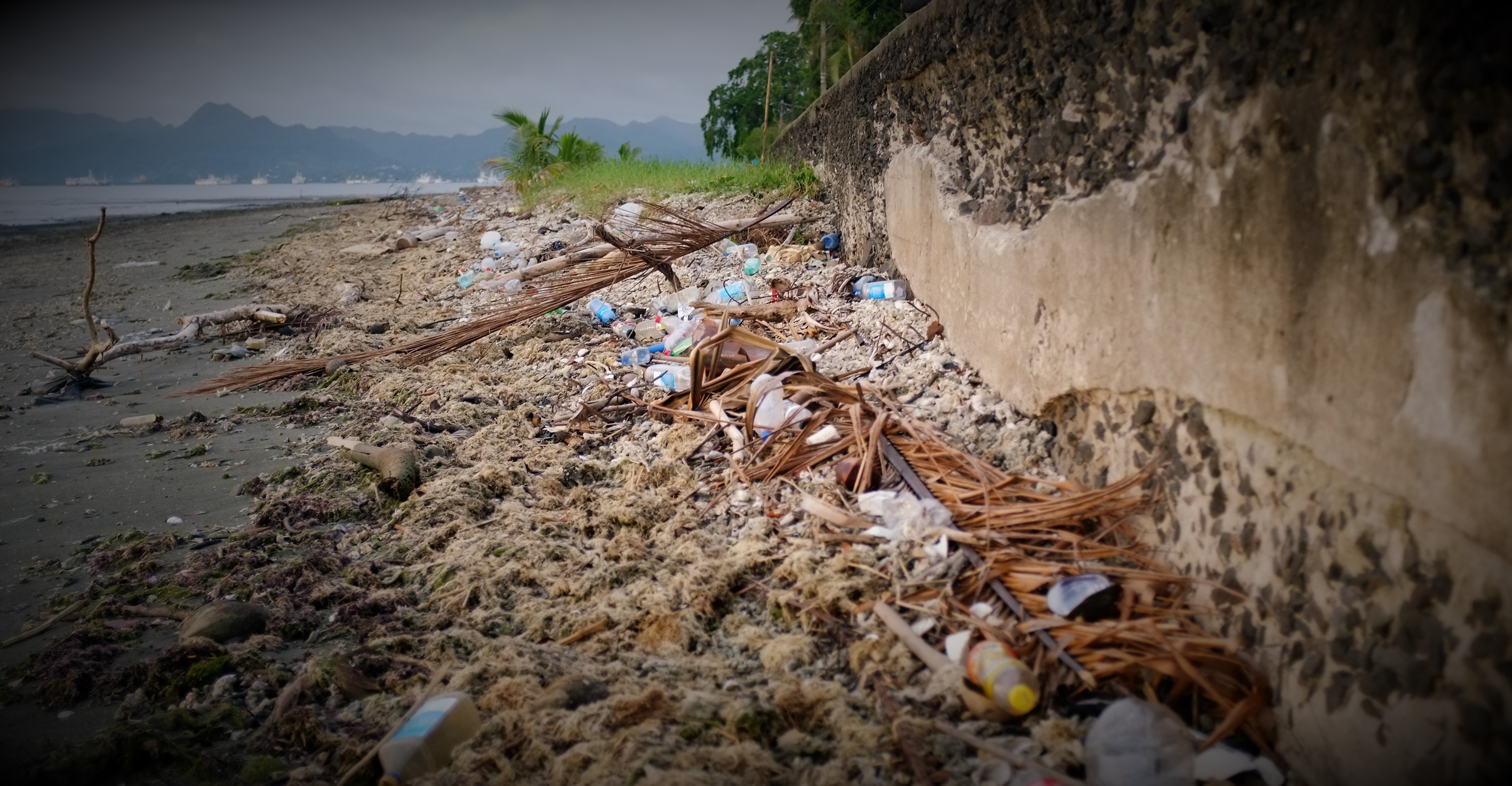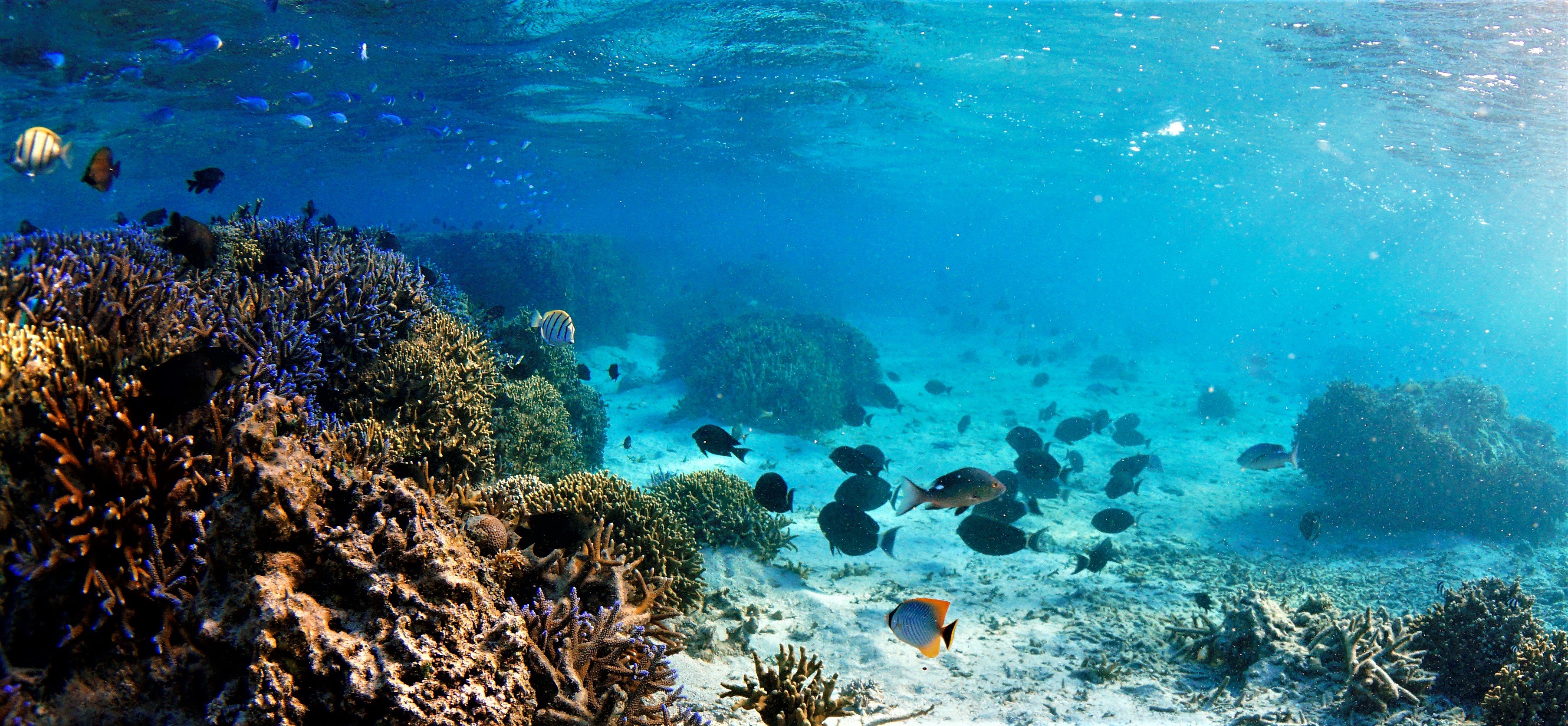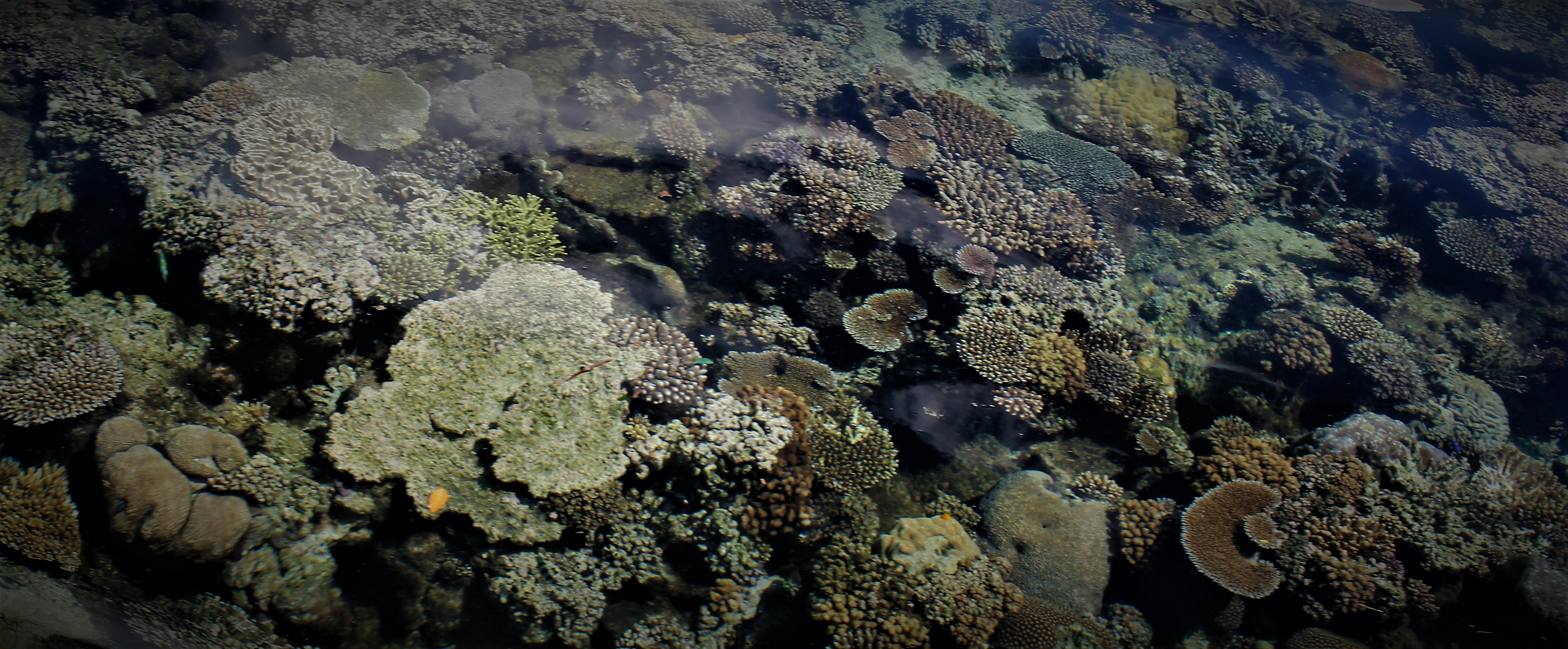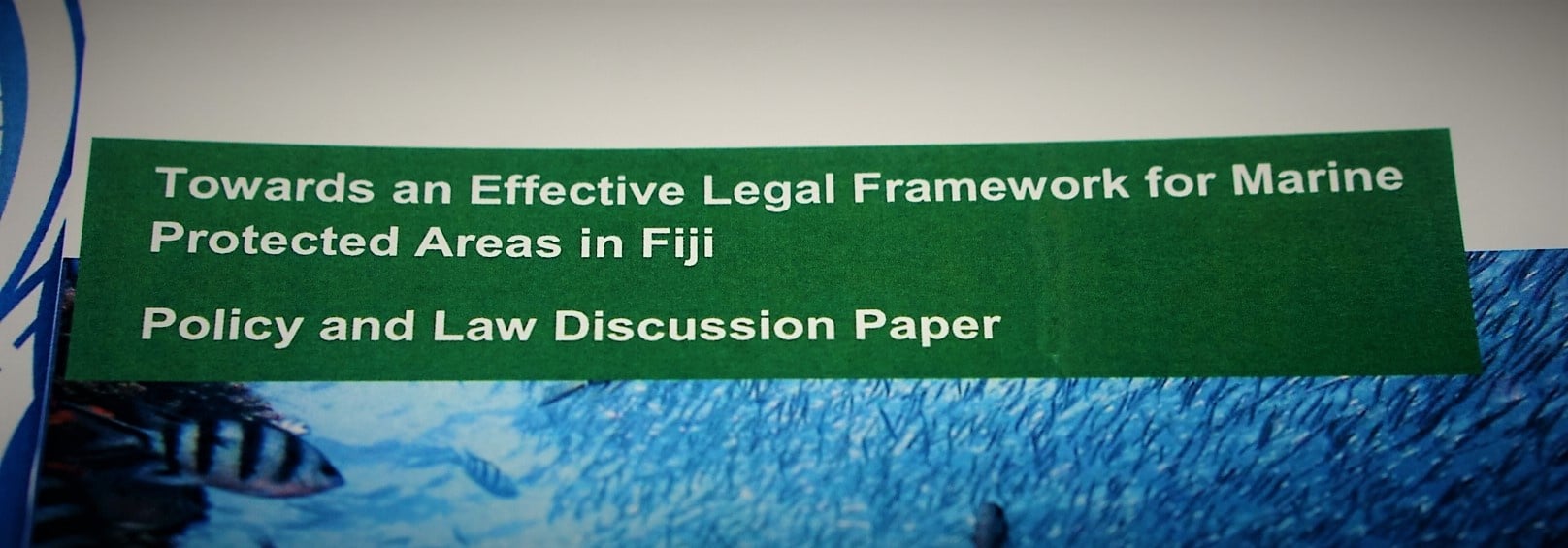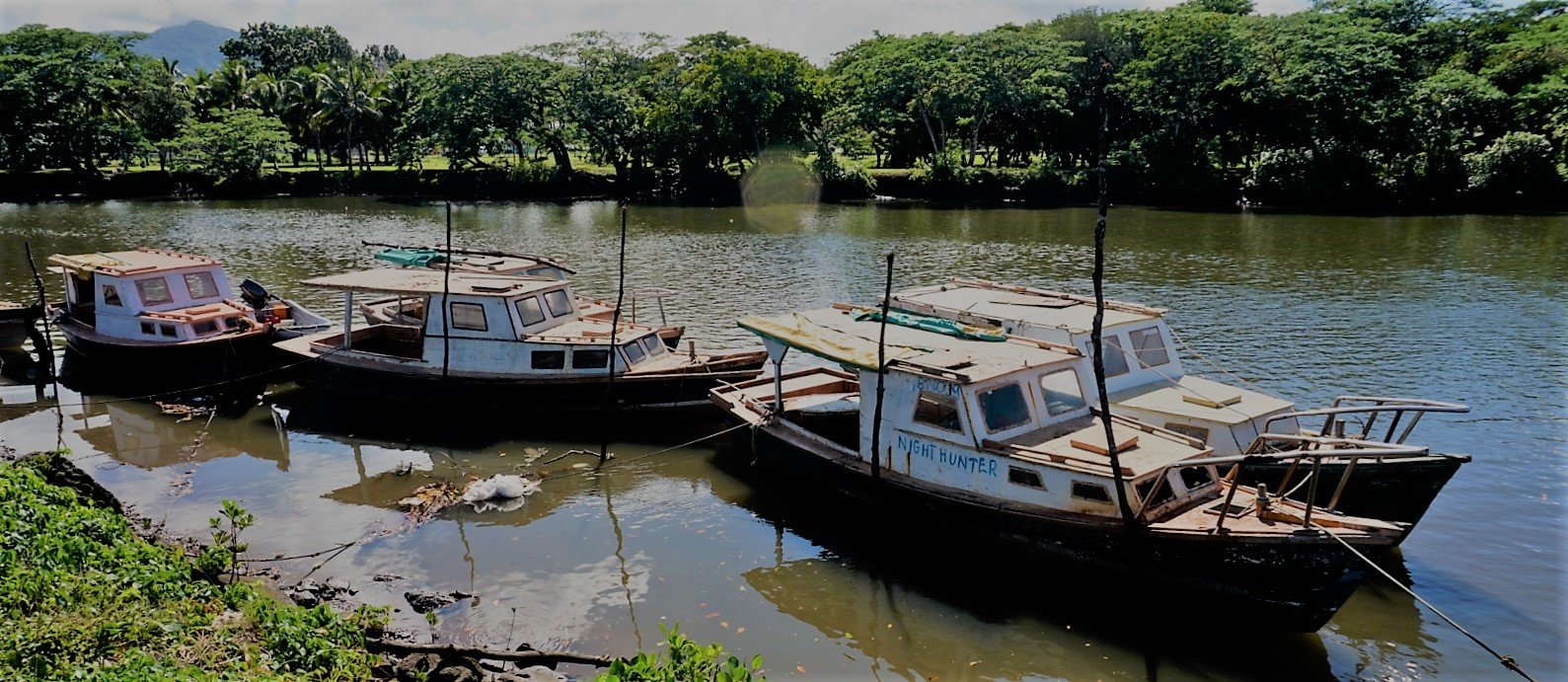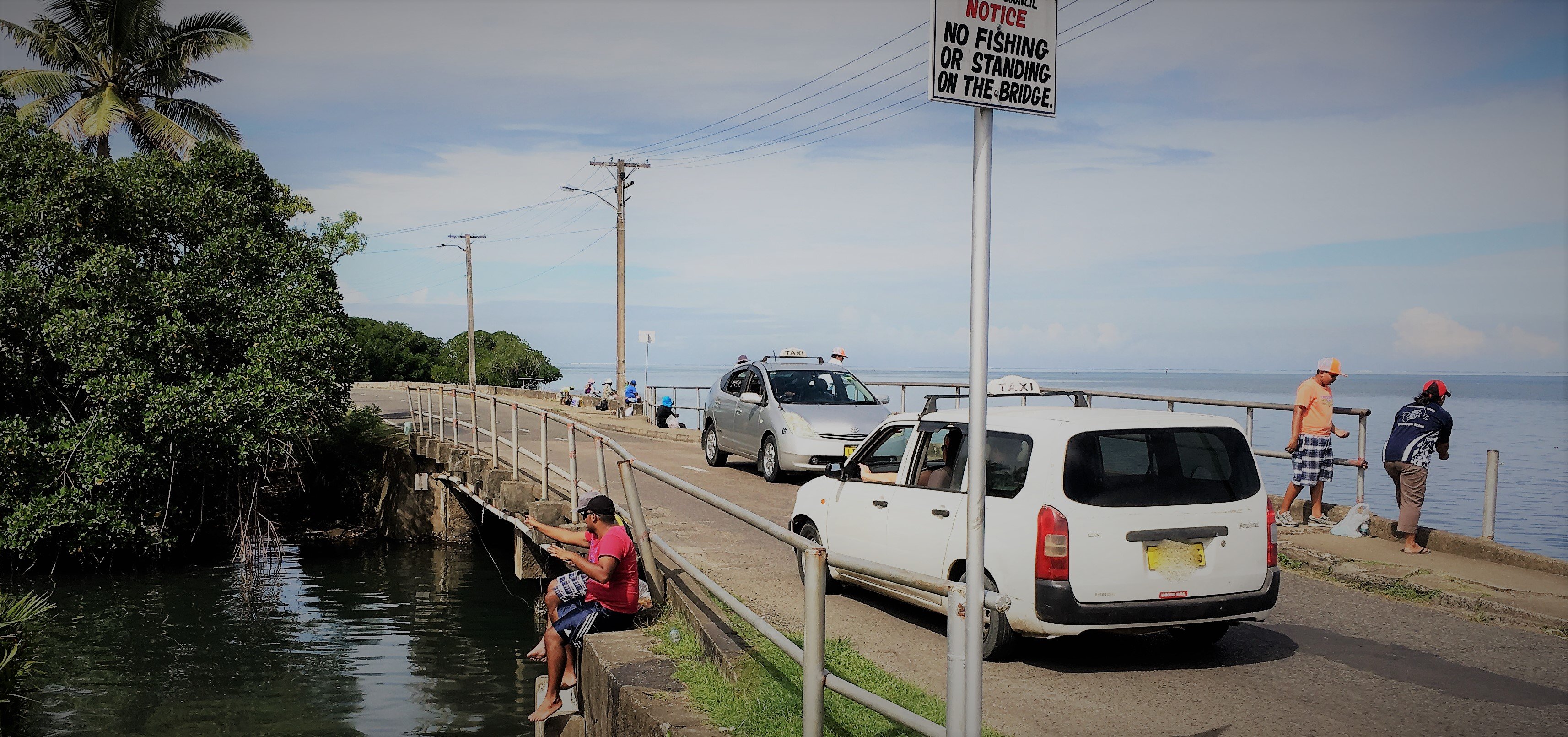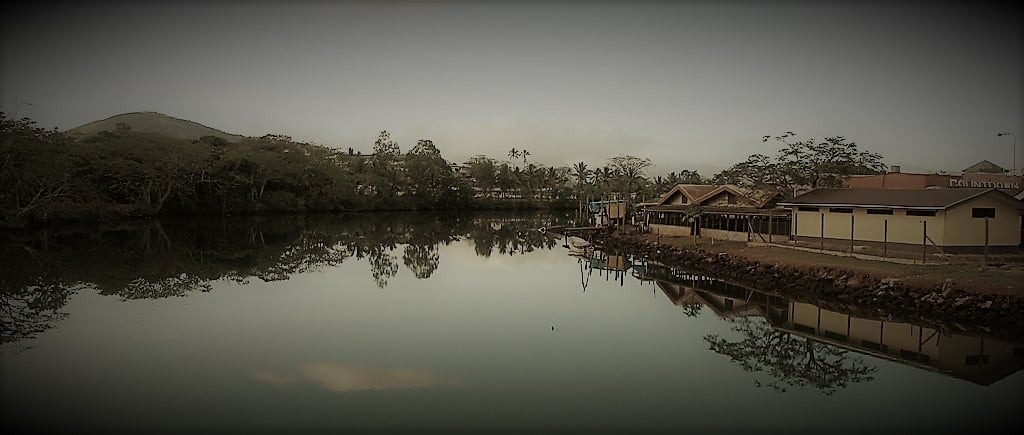On Wednesday, 12 June 2019, by Legal Notice No. 32 ("Legal Notice"), the Minister of Fisheries in exercise of his powers amended the Offshore Fisheries Management Regulations 2014 and introduced seasonal bans of species of sea cucumbers, groupers and coral trout with effect from 1 June 2019.
The exercise of the Honourable Minister of Fisheries' powers reflects the growing public concern for the health and sustainability of Fiji's inshore fisheries, the ongoing success of Fiji's 4FJ public awareness campaign and the commitment and vision of Fiji's Ministry of Fisheries working with various NGOs and academics to take action to conserve and manage Fiji's vital fisheries resources for future generations in line with Fiji's commitments to the United Nations Ocean Conference.
In this bulletin, we set out the amendments to the law that are now in force, and briefly discuss the factors that have led to the implementation of this conservation initiative.





